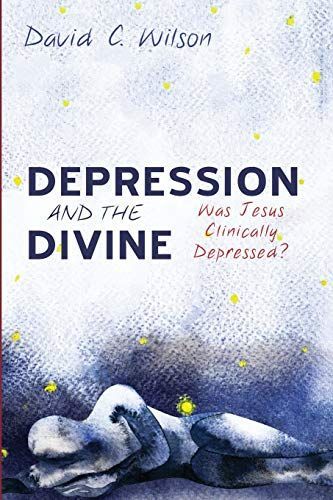
Depression and the Divine Was Jesus Clinically Depressed?
David Wilson’s initial research into the phenomenon of prophecy in the Hebrew Bible suggested that many of the passages featuring prophets, and hitherto considered to be bizarre myths (or much-edited collections of traditions) were, in fact, sequences of dreams. Moreover, it was possible to compare the structure of these sequences with the structure of a night’s sleep (hypnogram)—as revealed by modern sleep research—to demonstrate that the “sleeper” was depressed. This characteristic, depressive sleep architecture was then used to show that three characters in particular, Elijah, Jonah, and Adam—compared in the New Testament with Jesus—were all, in fact, depressed. Quite naturally, this raised further questions concerning the nature of Jesus himself: Was he merely a prophet? If he wasn’t, how did he differ? If he was depressed, how was he able to function (and succeed in his mission) when Elijah and Jonah clearly had such great difficulties? These and other questions are raised throughout this book, and many of them are not new, but they are, however, changed forever when asked against a contextual background of altered states of consciousness (ASCs), and dreamform in particular.